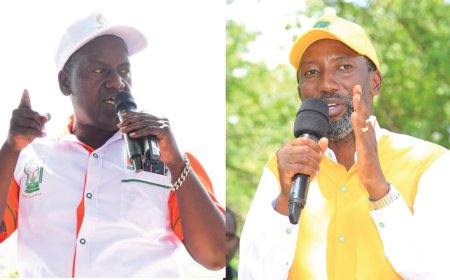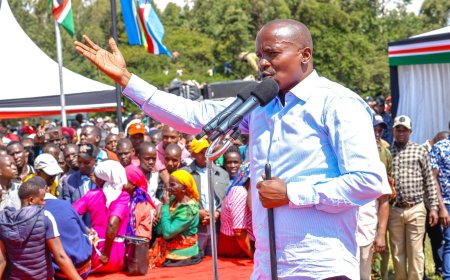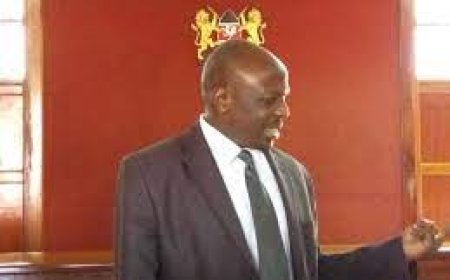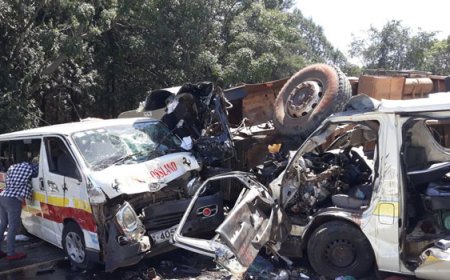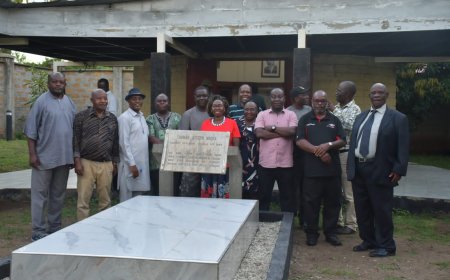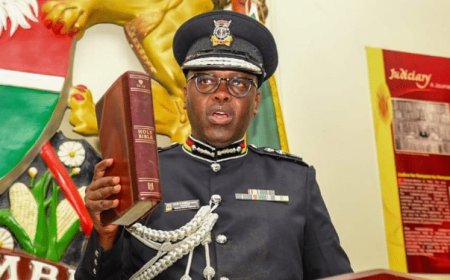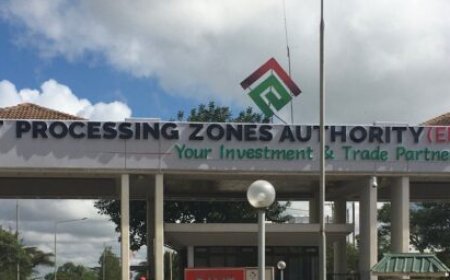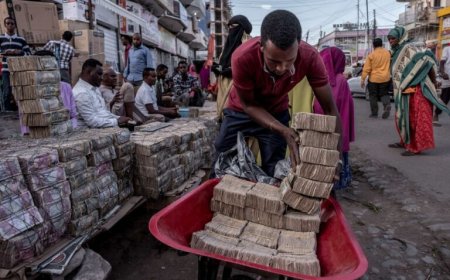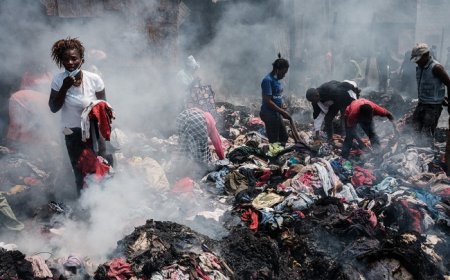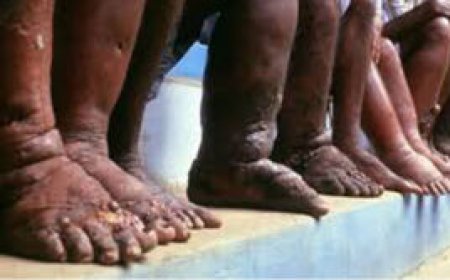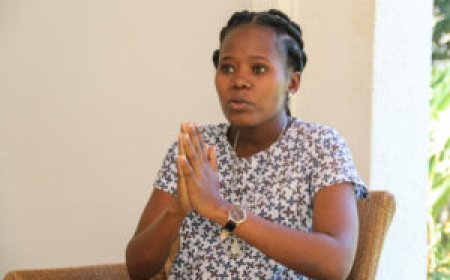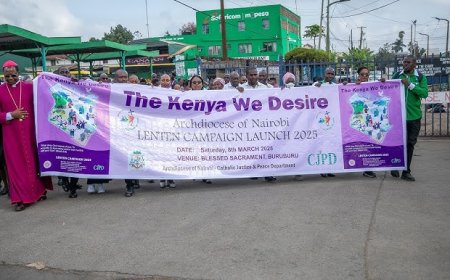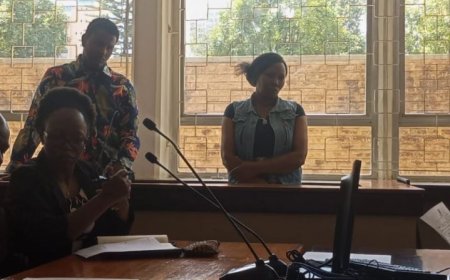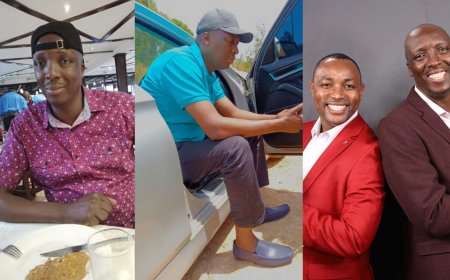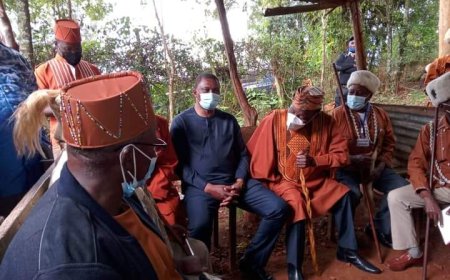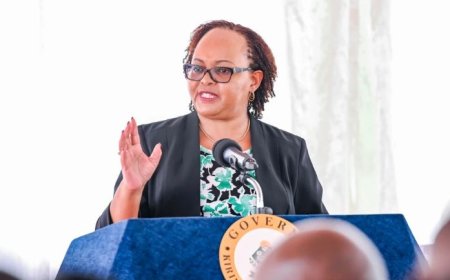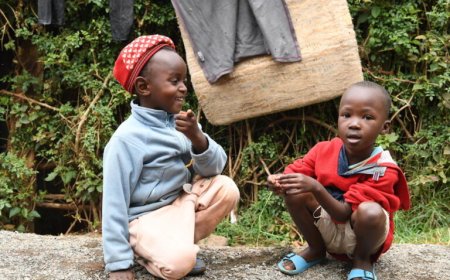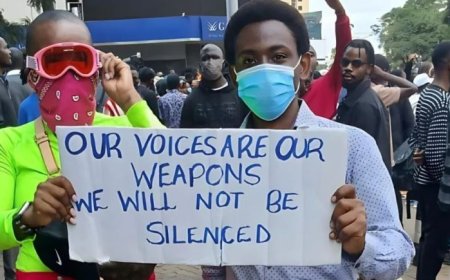A Display of Wealth or a Missed Opportunity by African Leaders at the UN?

Every year, the United Nations General Assembly in New York brings together the world’s most powerful leaders to address global challenges.
However, this year’s event revealed a striking contrast in how African and European leaders approached the occasion. The African leaders, it seems, were more focused on grandeur than on the serious issues facing their nations—countries that rely heavily on foreign aid and grapple with mounting debts.
Among the African leaders who attended were Cyril Ramaphosa of South Africa, William Ruto of Kenya, Hakainde Hichilema of Zambia, and Paul Kagame of Rwanda.
These leaders arrived in New York with large motorcades of luxury vehicles, occupying some of the most expensive hotels in Manhattan, near the world-famous Wall Street, one of the priciest areas in New York.
Meanwhile, their European counterparts opted for modest accommodations and shared transportation, raising questions about leadership, responsibility, and priorities.
For example, Kenya, led by William Ruto, has a public debt of over $70 billion—a debt that has ballooned in recent years and is now over 60% of the country’s GDP. This debt includes significant loans from Western countries and institutions like the World Bank and the International Monetary Fund (IMF).
Kenya also receives over $3 billion annually in foreign aid to support development programs, infrastructure, and poverty alleviation efforts. Yet, during the UN General Assembly, Kenyan leaders reportedly booked five-star hotels costing upwards of $5,000 per night for their delegations, with luxury motorcades costing $500,000 or more for the duration of their stay. These expenses, it is worth noting, were largely covered by public funds—Kenyan taxpayers’ money.
Similarly, South Africa, under Cyril Ramaphosa, is burdened with a national debt exceeding $280 billion—nearly 70% of its GDP. South Africa is also a significant recipient of Western aid, with countries like the United States and the European Union contributing over $1 billion annually to its development programs, including initiatives to combat HIV/AIDS and improve education.
However, like Kenya, the South African delegation stayed in expensive hotels in New York, with estimates suggesting their total accommodation costs could exceed $500,000 for a week-long stay. These costs, too, were largely borne by South African taxpayers.
Zambia, led by Hakainde Hichilema, provides another example. The country owes over $14 billion in external debt, most of it to Western lenders and multilateral institutions. This debt has forced Zambia to seek debt restructuring agreements with the IMF and the World Bank. The country also receives approximately $1 billion annually in foreign aid to support healthcare, education, and infrastructure projects.
Yet, during the UN General Assembly, the Zambian delegation followed the same pattern of luxury, booking suites in some of the most expensive hotels in Manhattan and renting high-end motorcades, with travel costs reportedly covered by public coffers—a move that has raised questions back home.
By contrast, European leaders such as UK Prime Minister Rishi Sunak, Norwegian Prime Minister Jonas Gahr Støre, and German Chancellor Olaf Scholz arrived in New York in shared rides and stayed in budget accommodations, despite representing nations with significantly larger economies.
Germany, for instance, has a GDP of over $4 trillion, while Norway’s GDP per capita is one of the highest in the world. Yet, their leaders chose modest transportation and accommodations, staying in hotels that charge between $150 and $300 per night and sharing vehicles to reduce costs. Their trips were paid for using government funds, but they demonstrated a clear understanding of fiscal responsibility.
The contrast is stark: while African leaders, whose nations are heavily indebted to the West, are staying in luxury hotels and arriving in expensive motorcades, their European counterparts are practicing fiscal restraint, even though they govern some of the wealthiest countries in the world.
For instance, Olaf Scholz, who governs one of Europe’s largest economies, shared a vehicle with his counterparts from Sweden and Denmark, and all three stayed in budget hotels, with their modest trips financed by government funds, demonstrating accountability to their taxpayers.
Even more perplexing is the fact that these same African leaders are appealing to the West for increased financial aid. For instance, Paul Kagame of Rwanda, a country that owes nearly $4 billion in external debt and receives close to $1 billion annually in foreign aid, was seen arriving in a large convoy and staying in expensive accommodations, all paid for by Rwandan taxpayers.
Similarly, Macky Sall of Senegal, a country with over $8 billion in external debt, also arrived in a lavish motorcade and stayed in a five-star hotel, while simultaneously lobbying for more international financial assistance.
The irony is impossible to ignore. African leaders, representing nations that are in desperate need of financial assistance to address poverty, unemployment, and underdevelopment, are projecting an image of opulence. In total, African nations received over $50 billion in foreign aid from Western nations in 2022 alone.
Much of this aid is aimed at alleviating the economic hardships faced by their populations, yet their leaders are spending millions on luxury accommodations and transportation for a week-long event, expenses that are largely paid for by taxpayers and government funds.
In comparison, European leaders like Rishi Sunak and Olaf Scholz are leading by example, demonstrating that responsible governance includes being mindful of public perception and the responsible use of public funds. The modest transportation and accommodations of European leaders serve as a statement: leadership is not about luxury, but about responsibility. Their travel expenses, although covered by government funds, reflect careful budgeting and accountability to their citizens.
The cost of hosting large delegations at luxury hotels and transporting them in expensive
motorcades could be seen as a misallocation of resources, especially given the urgent needs back home. For the price of a week’s stay at a five-star Manhattan hotel, African leaders could fund public health initiatives, education programs, or infrastructure projects in their countries—projects that could make a real difference in the lives of their citizens.
Imagine the impact if African leaders like William Ruto or Cyril Ramaphosa arrived in New York in modest transportation, demonstrating solidarity with the millions of Africans living below the poverty line. It would send a powerful message that these leaders are not only advocating for their countries on the global stage but also practicing the very principles of responsibility and accountability that they call for in their speeches.
African leaders must reconsider how their actions on the world stage reflect on their leadership at home. While it may be tempting to display power and influence through luxury and grandiosity, the real power lies in setting an example of responsible governance, fiscal prudence, and humility.
With millions of people across Africa struggling with poverty, unemployment, and underdevelopment, African leaders must lead by example, showing that they are serious about tackling the issues their nations face—not just through words, but through actions.
What's Your Reaction?
 Like
0
Like
0
 Dislike
0
Dislike
0
 Love
0
Love
0
 Funny
0
Funny
0
 Angry
0
Angry
0
 Sad
0
Sad
0
 Wow
0
Wow
0

